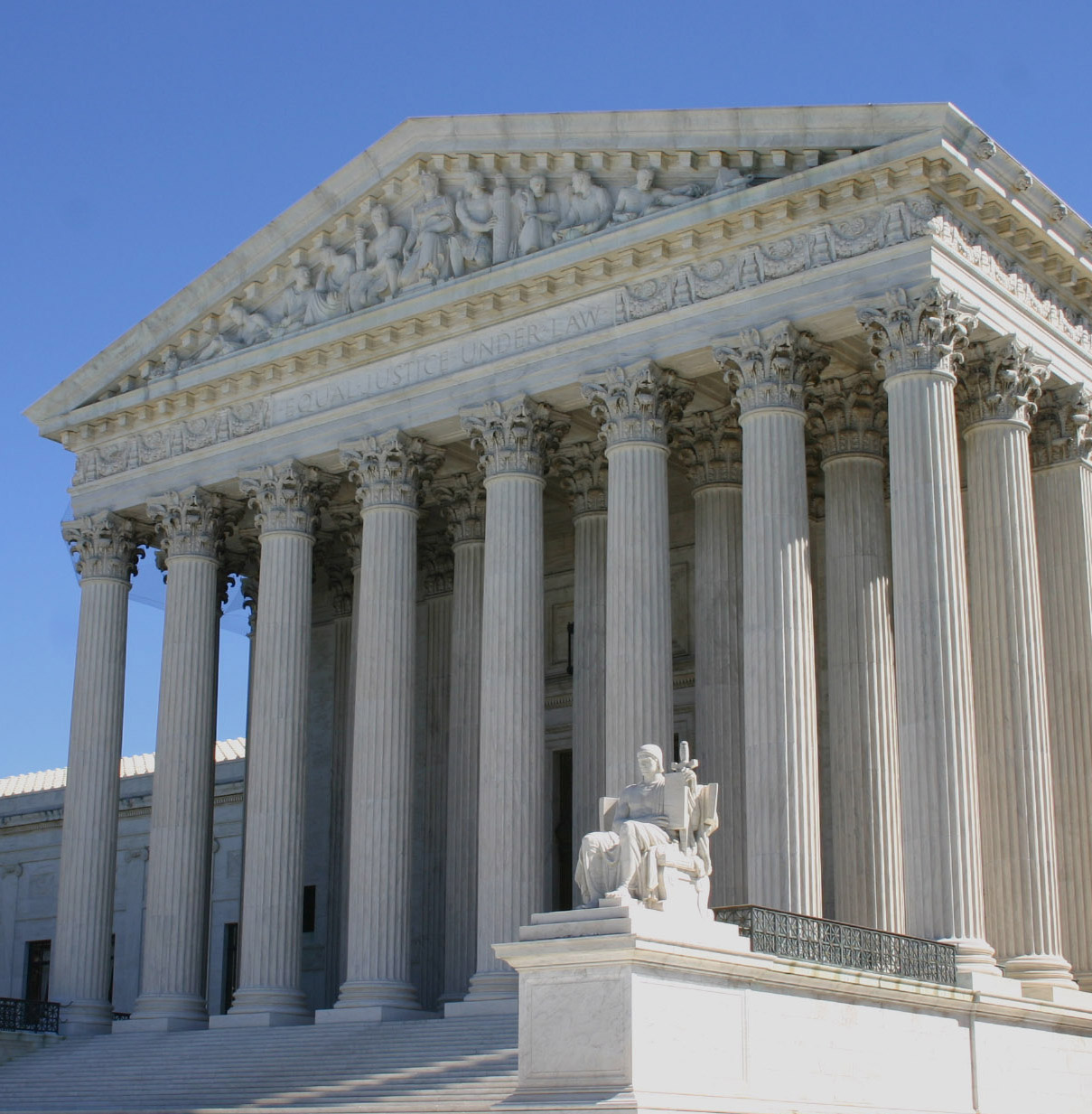On Sept. 30, 2021, the Supreme Court of the United States (“SCOTUS”) accepted five cases to its merits docket for the 2021-2022 term:
- Federal Elections Commission v. Cruz involves Sen. Ted Cruz’s (R-TX) challenge to federal election law regarding how and when candidates may repay personal loans made to their political campaigns. The case originated from the U.S. Court of Appeals for the District of Columbia Circuit.
- Boechler, P.C. v. Commissioner of Internal Revenue concerns the time limit to file petitions with theUnited States Tax Court to reviewInternal Revenue Service (IRS) determinations. The case originated from the U.S. Court of Appeals for the 8th Circuit.
- Cassirer v. Thyssen-Bornemisza Collection Foundation concerns Foreign Sovereign Immunities Act (FSIA) claims. The case originated from the U.S. Court of Appeals for the 9th Circuit.
- Concepcion v. United States concerns sentencing requirements under the Fair Sentencing Act of 2010 and the First Step Act. The case originated from the U.S. Court of Appeals for the 1st Circuit.
- Shurtleff v. City of Boston concerns religion, government speech, and whether a city flagpole is a public forum. The case originated from the 1st Circuit.
To date, the court has agreed to hear 39 cases during the term. SCOTUS dismissed two cases after they were accepted. Nine cases have yet to be scheduled for arguments.
On Oct. 1, SCOTUS announced that Justice Brett Kavanaugh tested positive for coronavirus. The court stated that Kavanaugh tested positive on Thursday, Sept. 30, following a routine test, adding that he was asymptomatic and had been fully vaccinated since January 2021. Kavanaugh did not attend the Oct. 1 investiture ceremony for Justice Amy Coney Barrett. Kavanaugh and the other eight justices had tested negative as of Monday, Sept. 27, prior to the justices’ conference.
Additional reading:



